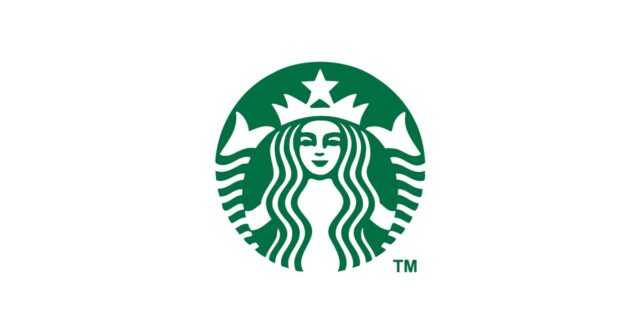MILAN – Starbucks is cutting drinks and staff, in an effort to streamline and simplify the operation of its organisational machine and improve its performance. The world’s largest coffeehouse chain opened the week by trimming – as announced – about 30% of its beverage and food menu and focusing on the most profitable items. The drive marks a shift from previous strategies, which emphasised personalised drinks.
“These items aren’t commonly purchased, can be complex to make, or are like other beverages on our menu,” the company said in a release announcing the menu change.
More importantly, the US giant announced 1,100 layoffs globally. It is also eliminating “several hundred” additional open and unfilled positions. This is a new move by CEO Brian Niccol, who was called in last September to turn around the fortunes of the chain, after series of quarterly sales declines led to the dismissal of his predecessor Laxman Narasimhan.
The announcement was made by Niccol himself in an e-mail in which he explained that the company would inform staff affected by the decisions by mid-day on Tuesday.
“We are simplifying our structure, removing layers and duplication and creating smaller, more nimble teams. Our intent is to operate more efficiently, increase accountability, reduce complexity and drive better integration. All with the goal of being more focused and able to drive greater impact on our priorities,” said Niccol.
The cuts affect the approximately 16,000 company support staff worldwide, not the staff employed in shops. Staff in roasting plants, warehouses and distribution are not affected either.
Starbucks’ sales have slipped for four straight quarters, the longest decline in years, as customers complained about long wait times and high prices.
More than 30% of Starbucks’ orders now come from customers ordering off their phones and picking them up. This influx of mobile orders has sometimes strained Starbucks workers during rush hours, reports Cnn.
The company was also embroiled in debates over the Israel-Gaza war, facing boycott calls from both pro-Israel and pro-Palestine camps, despite the company’s efforts to remain neutral.
















